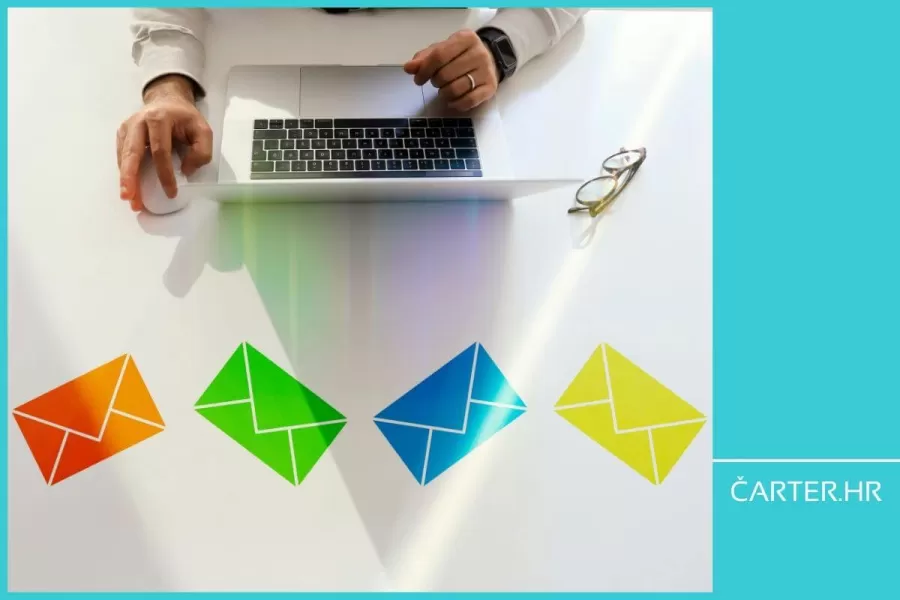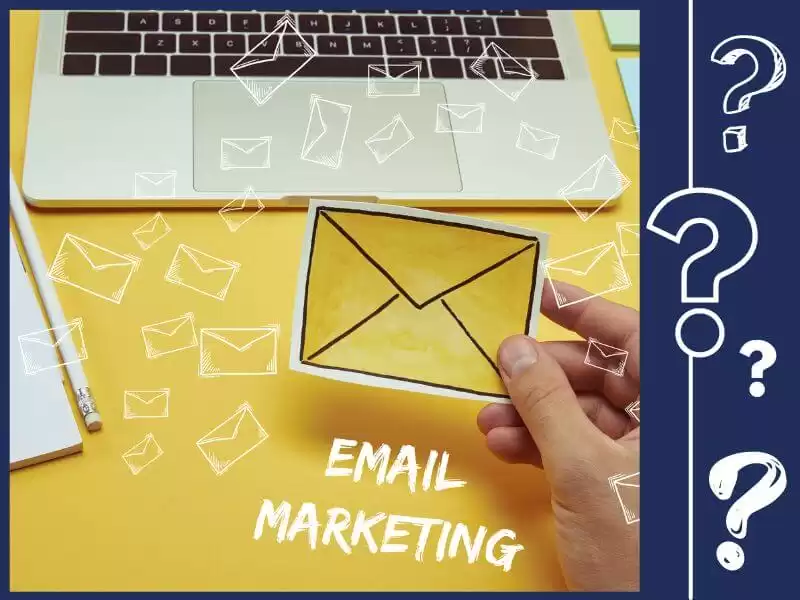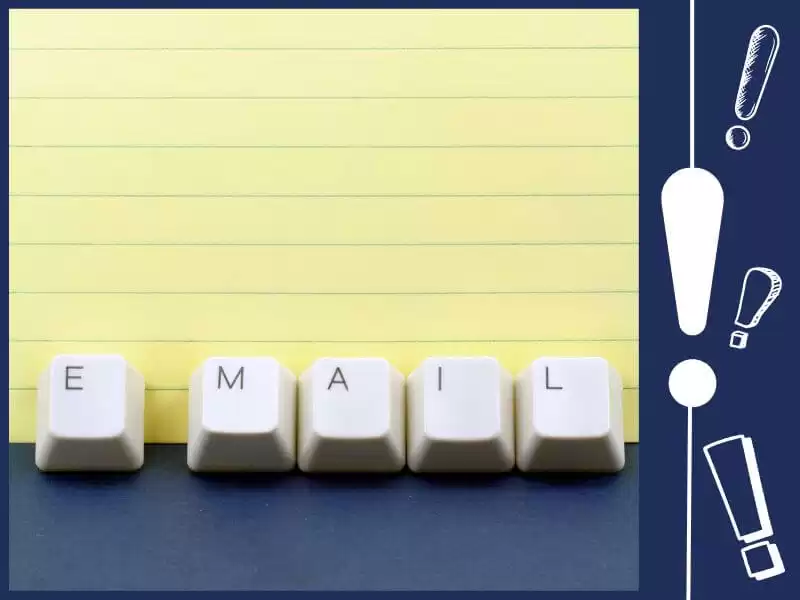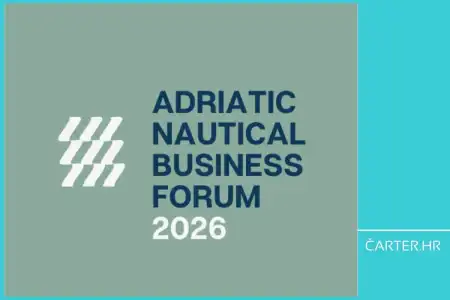
Newsletters are often mistakenly seen as synonymous with email marketing. However, email marketing offers a much broader range of possibilities. In this article, Andreja Fazlić explores the power of email marketing and its significance in building customer relationships.
Last month, I focused on the topic of CRM. You can find the article here, and a recording of the webinar "CRM: Advanced Navigation for Business Growth" can be found at this link.
During the webinar, newsletters emerged as a leitmotif for March.
Newsletter is not email marketing
There is a widespread misconception that newsletters are synonymous with email marketing.
This perspective trivializes it as sending ordinary notifications without any special features, although it offers many more valuable possibilities.
Because of this, it is often the case that many companies and brands miss out on excellent opportunities to build strong and meaningful relationships with their customers.
Email marketing is a digital marketing tactic that allows you to connect with your customers, users, and other types of contacts in different, sophisticated ways using segmented messages to meet their specific needs and interests at the right time.
It allows you a wide range of activities and offers the opportunity for personalization at the individual level.
Using advanced segmentation and automation tools, you can create messages that match specific situations, purchasing behaviours, and/or demographic characteristics of your customers.
The ability to provide relevant and valuable content strengthens the relationship between the brand and the user, encouraging loyalty and long-term engagement.
For brands and companies that want to successfully reach people, it is important to use strategies and tactics that attract users and build lasting relationships.

What is email marketing?
Email marketing is a form of digital marketing that uses electronic mail to directly contact a selected audience.
This tactic encompasses various types of emails, each with its own purpose and goal. Here is an overview:
- Welcome emails are sent to new subscribers or customers, set the tone for future communication, and often offer discounts as an incentive for engagement.
- Newsletters are periodic messages with useful information and news about products or the industry; they are essential for continuous user information and engagement.
- Promotional emails focus on promoting specific products or services to encourage purchase, registration, or another action; they often contain attractive offers.
- Transactional emails are automated messages sent in response to user actions such as purchase, delivery, or password change; they provide transparency and build trust.
- Re-engagement emails aim to reactivate passive users through special offers, surveys, reminders of subscription benefits, or information about discontinuing communication.
- Personalized emails use insights from user behaviour to create tailored messages, including product recommendations and special discounts.
- Educational emails provide information on relevant topics, helping users better utilize products or understand the industry and strengthening brand authority.
- Nurturing emails develops relationships with users through educational and informative content, leading them from awareness to a purchase decision and encouraging continuous dialogue, most often with MOFU content and campaigns.
Each of these types of emails has a unique role in the communication strategy, allowing companies to reach their audience by providing relevant and valuable content and encouraging engagement and loyalty.
By correctly using and combining different types of emails, you can create a dynamic and effective email marketing strategy that resonates with different segments of your audience.

Key principles of successful email marketing
While each type of email plays a specific role, a successful email marketing strategy must also consider the current market challenges.
From overflowing user inboxes to stricter privacy regulations, email marketing requires strategic planning to be effective.
Here's what to focus on to successfully launch or improve your email marketing:
- Permission-based approach: The foundation of a successful email marketing strategy lies in building a subscriber base that has explicitly opted-in to receive emails in accordance with current privacy regulations.
- Quality over quantity: Instead of relying solely on sales messages, focus on creating valuable content that caters to your audience's needs and interests.
- Personalization and segmentation: The key to success lies in developing precise methods for segmenting your audience and tailoring messages to maximize engagement and conversions.
- Integration and automation: Utilize advanced automation tools and integrate your email marketing with other digital channels to support a seamless experience throughout the user journey.
- Measurement and optimization: Regularly track the success of your campaigns and adjust your strategy and tactics based on the data collected to ensure continuous improvement and success.
Therefore, despite the misconception that newsletters are the only form of email marketing, this tactic offers numerous opportunities to build deeper and more meaningful relationships with users.
In a world where customers value transparency, respect, and personalization, email marketing stands out as an essential component of a successful marketing strategy.
"Newsletters are Dead! Long Live Email Marketing!" isn't a cry for the end of an era but rather a call for evolution and adaptation in our understanding and use of this digital marketing tactic.
Download our webinar "Inbox (r)evolution: From notifications to loyalty with email marketing" and discover how email marketing can be a key player in the digital transformation of your business.
Note: Webinar is in Croatian language.
Categories of trends
- News
- Sale
- Marketing
- SEO
- Web design
- Social media
- Technology
- Regulations
- Management
- Education
- Finances
- User experience
Newsletter
Sign up for the newsletter and receive the latest trends and tips straight to your inbox





